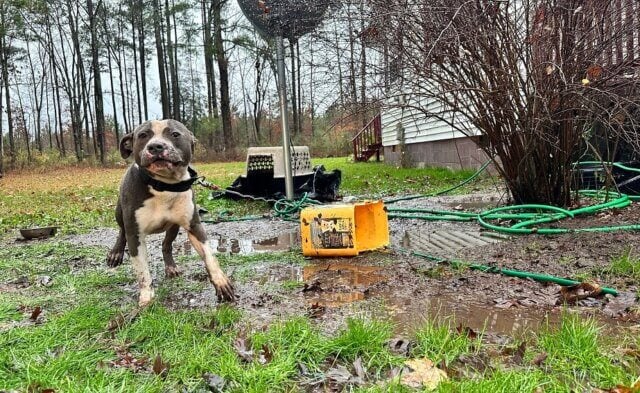About 15 years ago, after planting fruit trees in my yard, I noticed the trees’ flowers looked healthy, but I was getting very little fruit, even on some of my established avocado trees. I started to watch the blooms closely and noticed that there were few or no bees on them or anywhere in my yard. I have never used herbicides or pesticides in my yard, so I knew that wasn’t the problem.
I decided to make my yard a more bee-friendly place by planting flowering native and non-native plants around my fruit trees. I chose a variety of plants so that I would have almost year-round flowering—something that’s quite possible in Southern California.
I started to notice more bees in my yard, and within four years, a wild swarm of bees had moved in under a storage building. Now I have not only wild European bees but also thousands of native bees, including carpenter bees, mason bees, and bumblebees, as well as wasps (the small ones with no stingers) and butterflies.
This year, two more swarms of wild European bees moved in. It might sound like a lot of bees, but with an acre and a half of land, more than 65 fruit trees, and hundreds of bushes, other trees, and vines, there is plenty of room for them all. I provide them with a safe environment, and they, in turn, pollinate my trees. And of course, all the honey that they produce is for them to keep—I never take it.
If you’re interested in getting a wild hive, contact a bee rescue group in your area. These groups remove unwanted hives from people’s yards safely and relocate them to a new home, where they are wanted and appreciated. Never buy hives from commercial bee suppliers. The bees are factory farmed, and like other factory-farmed animals, they experience unnatural living conditions, which lead to stress, sickness, and sometimes death.
You can find a wealth of information about bees, factory-farmed bees, and why you should never buy products containing bee byproducts on PETA’s website under “Issues.” This page also explains why vegans don’t eat honey.
Bees are wondrous creatures. I’m happy that I can provide them with a home and with all the nectar that they need to survive and thrive. Bees rarely sting unless provoked, so there is really no need to fear them. They are also an important part of our ecosystem. And like all living creatures, they have a will to live free.
Written by David Frisk. David is a PETA Vanguard Society member and Augustus Club member. When he is not doing his woodworking, he enjoys spending time in his yard tending his fruit trees and vegetable garden, reading the LA Times, and eating homemade vegan pizza, tofu tacos, and anything chocolate.





